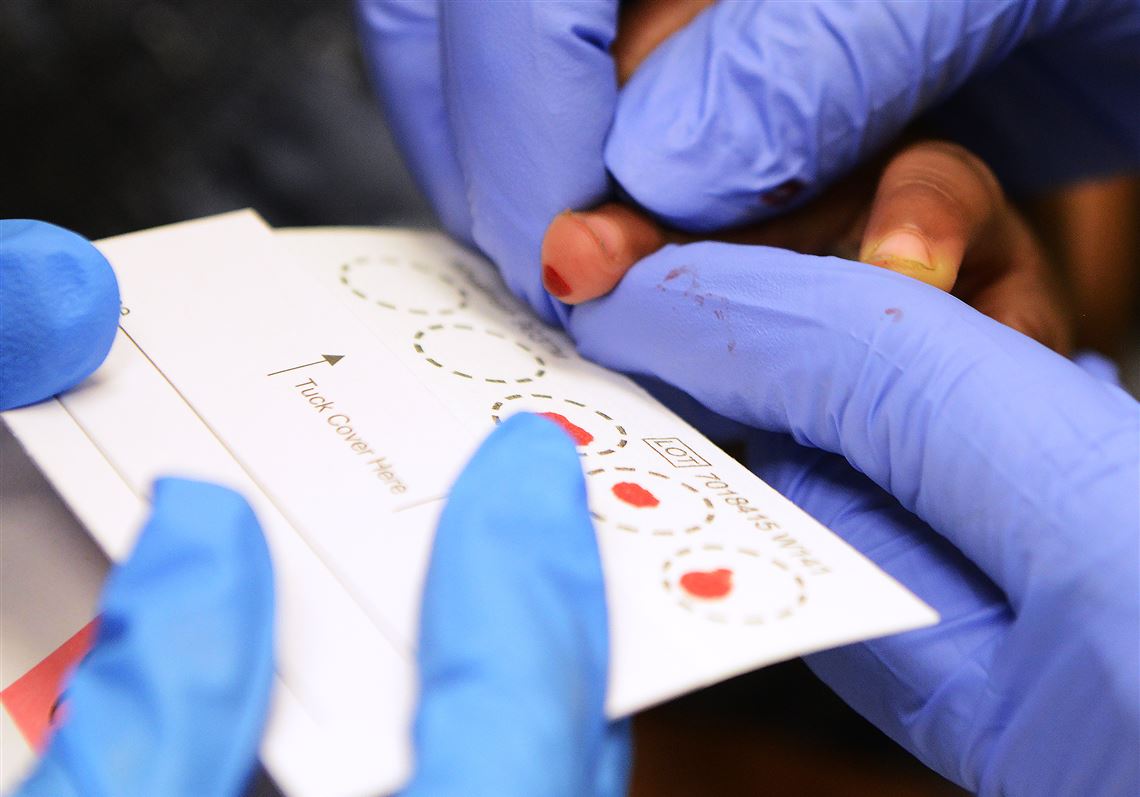The Allegheny County Health Department is drafting regulations that would require testing of all young children for lead poisoning.
Health Department Executive Director Karen Hacker said universal lead tests will give the county a better idea about how many children have high lead levels, where they live and how they were exposed.
“The American Academy of Pediatrics favors universal testing, and the county’s older housing stock meets criteria that recommends universal testing,” Dr. Hacker said at a county Board of Health meeting Wednesday.
She noted that the vast majority of city housing was constructed prior to 1978, when lead was removed from residential-use paint. That old lead paint is still on the houses, though, and if not painted over or otherwise encapsulated, can flake off and create potential exposure pathways for pregnant women, infants and small children.
Studies have shown that even low-level childhood lead exposure can affect mental capacity, and higher exposures can cause behavioral problems, learning disabilities, seizures and death.
The board’s decision to address shortcomings in the childhood lead poisoning database comes as the county prepares to step up its underfunded housing lead remediation program using $3,680,000 from two federal Department of Housing and Urban Development grants. The money will enable the Health Department to do lead inspection and remediation work on more than 200 houses over the three years of the grant.
Ray Firth, a retiree from Monroeville, urged the health board to take even stronger measures to prevent childhood lead exposure by identifying and removing unsafe housing and holding property and apartment owners responsible for fixing conditions that cause childhood lead problems.
The Health Department recommends early intervention for all children with blood lead levels above 10 micrograms per deciliter, and conducts environmental inspections of the child’s home environment when blood lead levels are 15 micrograms per deciliter or higher.
Those levels will be tightened to 5 micrograms for early intervention and 10 micrograms for home investigations by the Pennsylvania Department of Health on Nov. 1.
Dr. Hacker said universal infant lead testing is not a new approach. Eleven states and the District of Columbia require pediatricians to test lead levels in infants. Pennsylvania does not.
Lead blood tests conducted on children between 9 and 12 months old and at 24 months are covered by all major insurance programs, Dr. Hacker said, as are tests of children whose parents believe they have been exposed to lead.
As with all universal testing programs, parents could chose not to have their children tested.
Dr. Hacker said the department will likely submit a draft regulation for board approval at its next meeting, in November.
After a public comment period, the draft would need final approval by the health board and County Council, meaning the testing rule wouldn’t take effect until next year.
Don Hopey: dhopey@post-gazette.com, 412-263-1983, or on Twitter @donhopey
First Published: September 14, 2016, 8:34 p.m.
Updated: September 15, 2016, 3:38 a.m.
















